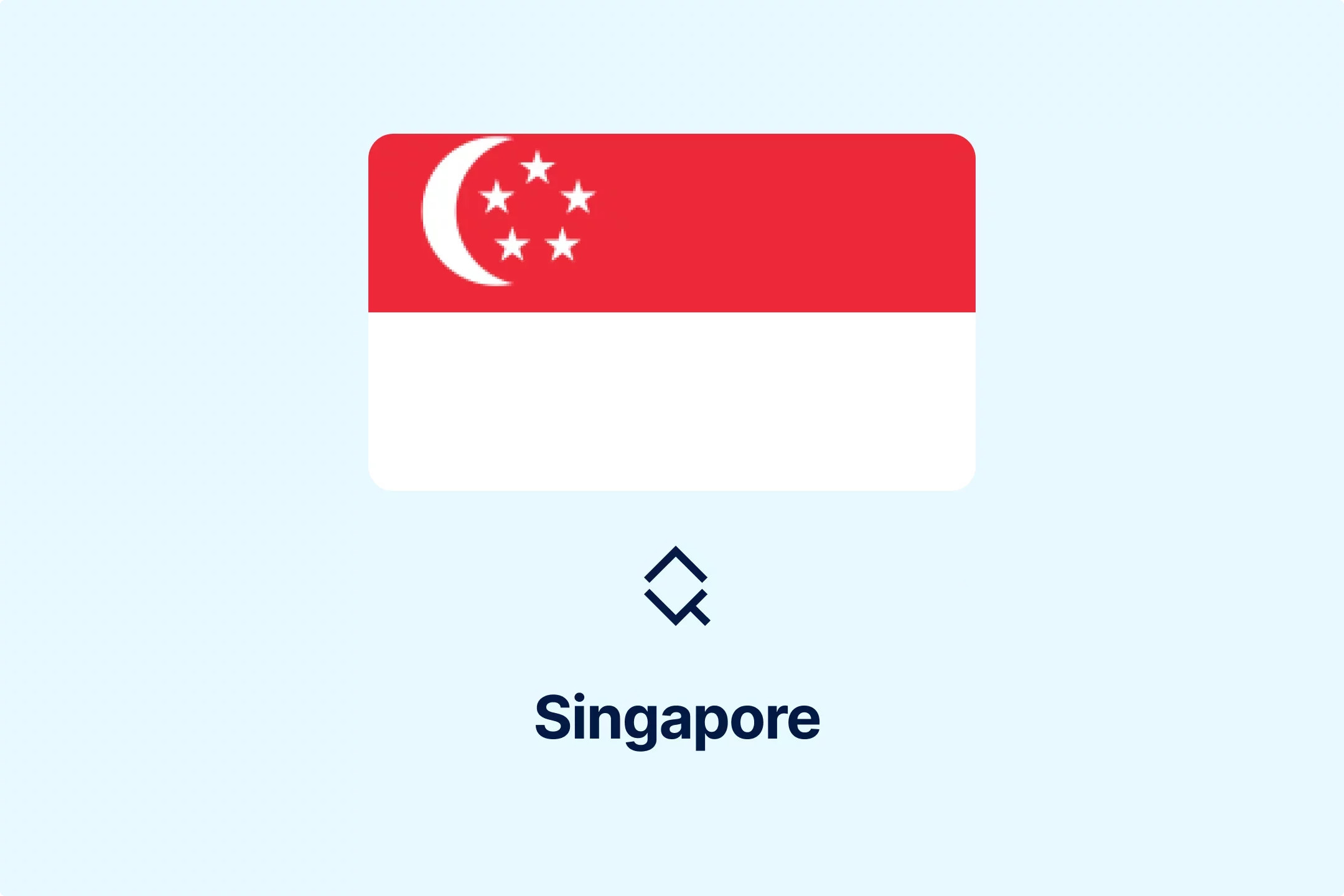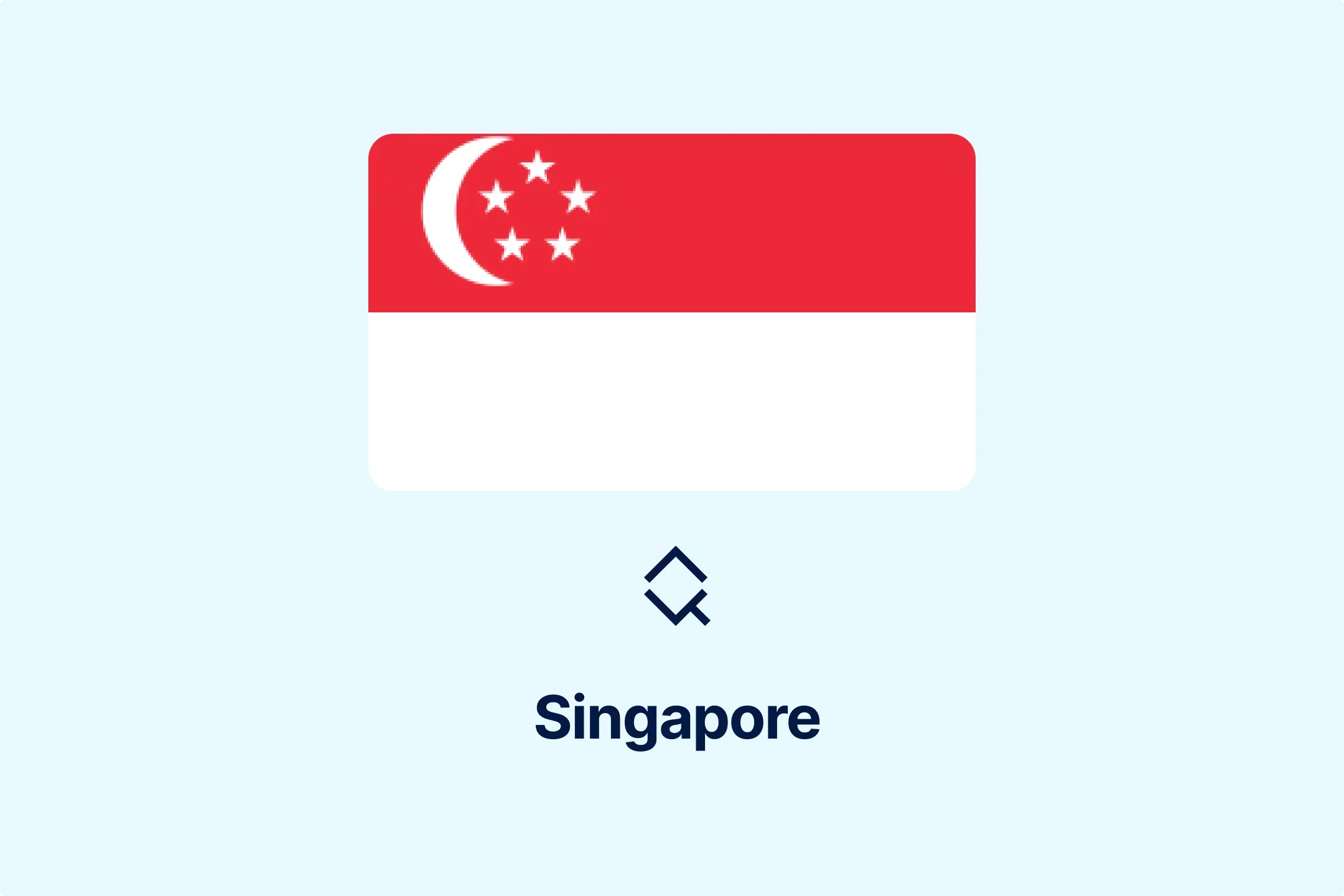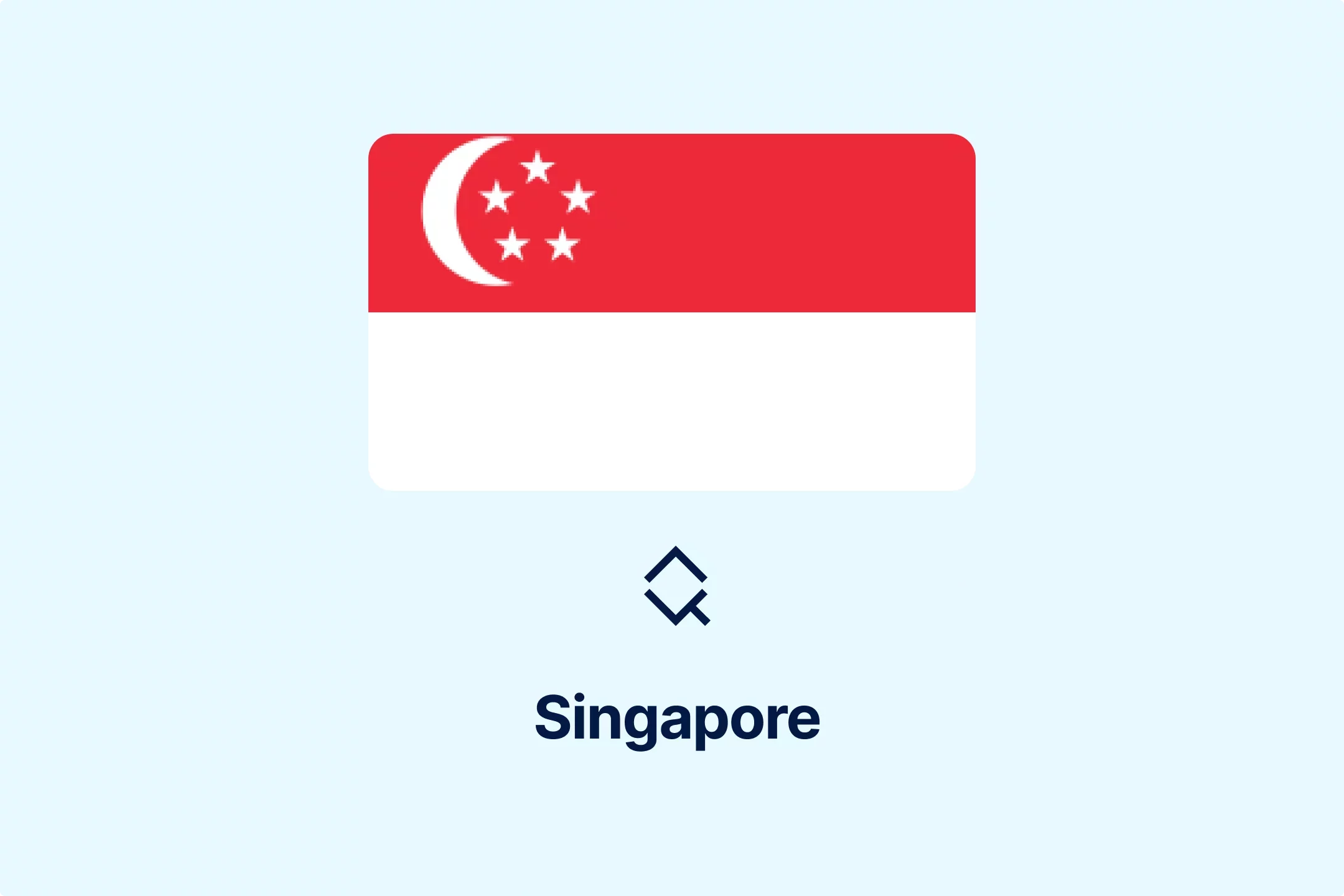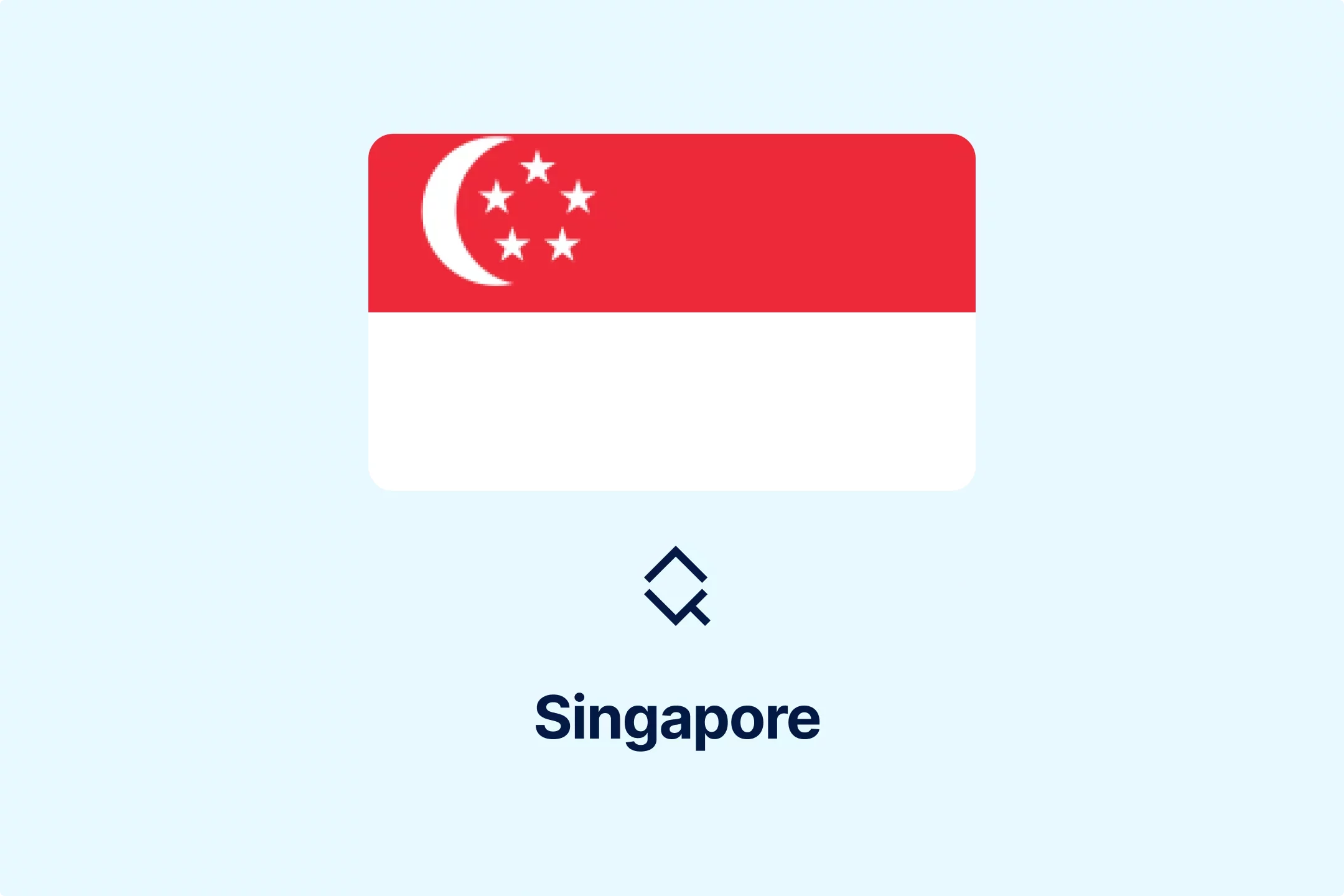GST InvoiceNow Requirement Singapore: IRAS Releases E-Invoicing Guidelines & Timeline

The Singapore Inland Revenue Authority (IRAS) announced a GST InvoiceNow implementation timeline about a month ago. The voluntary transmission of e-invoices for existing GST-registered businesses starts on May 1 this year, with the implementation timeline for other companies expanding to April 1, 2026.
A month before the first businesses can adopt and transmit e-invoices, the IRAS released the guidelines for companies considering adopting and implementing GST InvoiceNow.
Scope of the Guidelines
Guidelines provide needed information on what requirements GST-registered businesses that want to transmit e-invoices to IRAS using the InvoiceNow solution must meet, including mandatory data elements, the method of creating and transmitting invoices, and the data validation process.
Under the GST InvoiceNow Requirement, businesses must transmit all standard-rated, zero-rated, and exempt supplies and standard and zero-rated purchases. Reverse charge supplies on which companies are required to account for GST, goods exported without actual sales, exempt financial services, and goods and services purchased by overseas headquarters or overseas branches of a Singapore branch are excluded from transactions.
The due dates for transmitting supplies or purchase invoice data are the date on which the relevant GST return is filed or the filing due date of the relevant GST return. Furthermore, the guidelines include several examples of invoice submissions, which should help in-scope businesses better understand requirements and rules.
To ensure there are no errors, the InvoiceNow system includes several validation checks, such as checking the format's correction, detecting wrongful GST charges by verifying GST registration, and preventing double or incorrect submissions.
Conclusion
All businesses can take several steps to prepare to implement GST InvoiceNow. One of the steps is to assess whether and when they must meet the requirements. Furthermore, GST-registered businesses should determine if their existing systems align with GST InvoiceNow Requirements and what available options exist.
Additional considerations for GST-registered companies are ensuring all the mandatory data elements are available, reviewing the data collection processes, and determining whether the existing GST treatment for transactions is correctly defined for GST reporting.
Source: Inland Revenue Authority of Singapore, VATabout

More News from Singapore
Get real-time updates and developments from around the world, keeping you informed and prepared.
-e9lcpxl5nq.webp)










